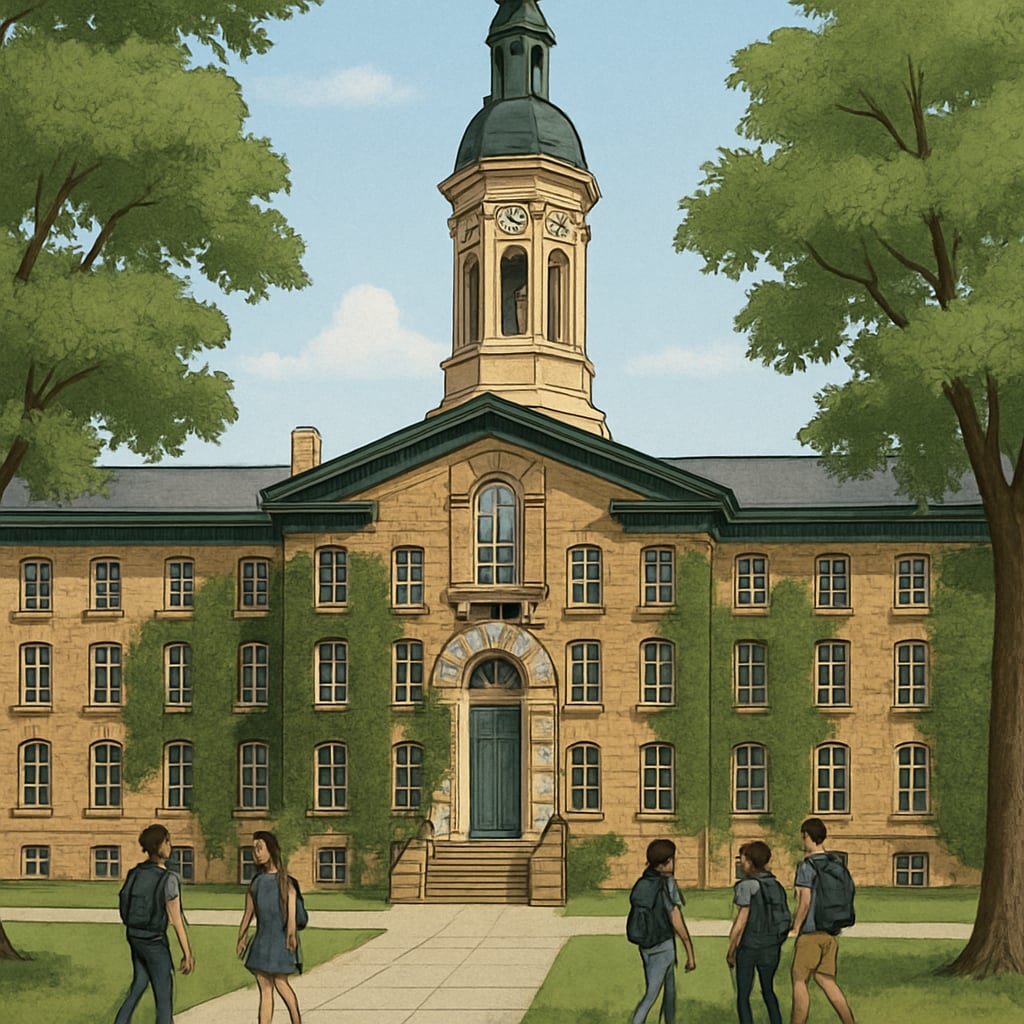The reputation of Princeton and other Ivy League schools often leads to their overvaluation in discussions about higher education. While these institutions are undoubtedly prestigious, it’s worth questioning whether this prestige aligns with their actual contributions to modern education. Are we assigning undue reverence to their nameplates at the expense of understanding their true value? This article explores the myth surrounding Ivy League schools, particularly Princeton, and calls for a reconsideration of what truly matters in education.
Why the Ivy League’s Prestige Persists
The Ivy League, a group of eight private universities in the northeastern United States, is synonymous with academic excellence, social status, and professional opportunity. Princeton, founded in 1746, is often ranked among the top universities globally. These schools have produced U.S. presidents, Nobel laureates, and industry leaders, adding to their mystique.
However, much of this prestige is rooted in history rather than current contributions to education. For example, Princeton’s endowment of over $35 billion allows it to provide generous financial aid. Yet, this wealth also raises the question: Does a large endowment necessarily mean better education, or does it merely create an exclusive club for the privileged few?

Princeton and the Reality Behind the Reputation
Princeton is often praised for its small class sizes, world-class faculty, and picturesque campus. But do these factors justify the overwhelming emphasis placed on gaining admission? Many parents and educators treat Ivy League acceptance as the ultimate marker of success, yet studies reveal that attending an elite university doesn’t guarantee improved career outcomes.
According to research published by economists Alan Krueger and Stacy Dale, students who were accepted to Ivy League schools but chose to attend other institutions had similar career earnings to those who attended Ivy schools. This finding underscores that a student’s ambition and drive are more critical than the institution they attend.
Furthermore, the focus on Princeton and its peers often detracts from the value of state universities and smaller colleges, which also produce successful graduates without the pressure-cooker environment. Are we, as a society, too fixated on the Ivy League label?
The Downsides of Overvaluing Ivy League Schools
Overemphasis on schools like Princeton creates several issues, including:
- Excessive pressure on students: High schoolers face immense stress to meet the nearly impossible admission standards, often sacrificing their mental health.
- Overlooking other institutions: Excellent public universities and liberal arts colleges are often unfairly dismissed, despite offering competitive programs.
- Reinforcing inequality: Ivy League schools’ high costs and low acceptance rates perpetuate a system where only the wealthy or exceptionally fortunate gain access.
These challenges indicate a need to shift the focus from prestige to practicality. How do schools like Princeton prepare students for the complex, globalized world? Are we measuring success by the right metrics?

Rethinking the Purpose of Education
At its core, education should empower individuals to think critically, solve problems, and contribute meaningfully to society. While Princeton excels in many areas, it’s essential to recognize that no single institution holds a monopoly on these goals. Parents, educators, and policymakers must look beyond rankings and ask deeper questions: What type of education best suits each student’s unique talents? How can we create equal opportunities for all, regardless of socioeconomic status?
In addition, the obsession with elite schools risks narrowing the definition of success. By celebrating diverse educational pathways—trade schools, community colleges, and public universities—we can foster a more inclusive and practical approach to education.
Conclusion: The allure of Princeton and other Ivy League schools is understandable, but it’s time to challenge the myths surrounding their value. By broadening our perspectives and redefining success, we can create a more equitable and effective education system for future generations.
For more information on the history of Ivy League schools, visit Ivy League on Wikipedia. To dive into alternative education options, explore Education on Britannica.


